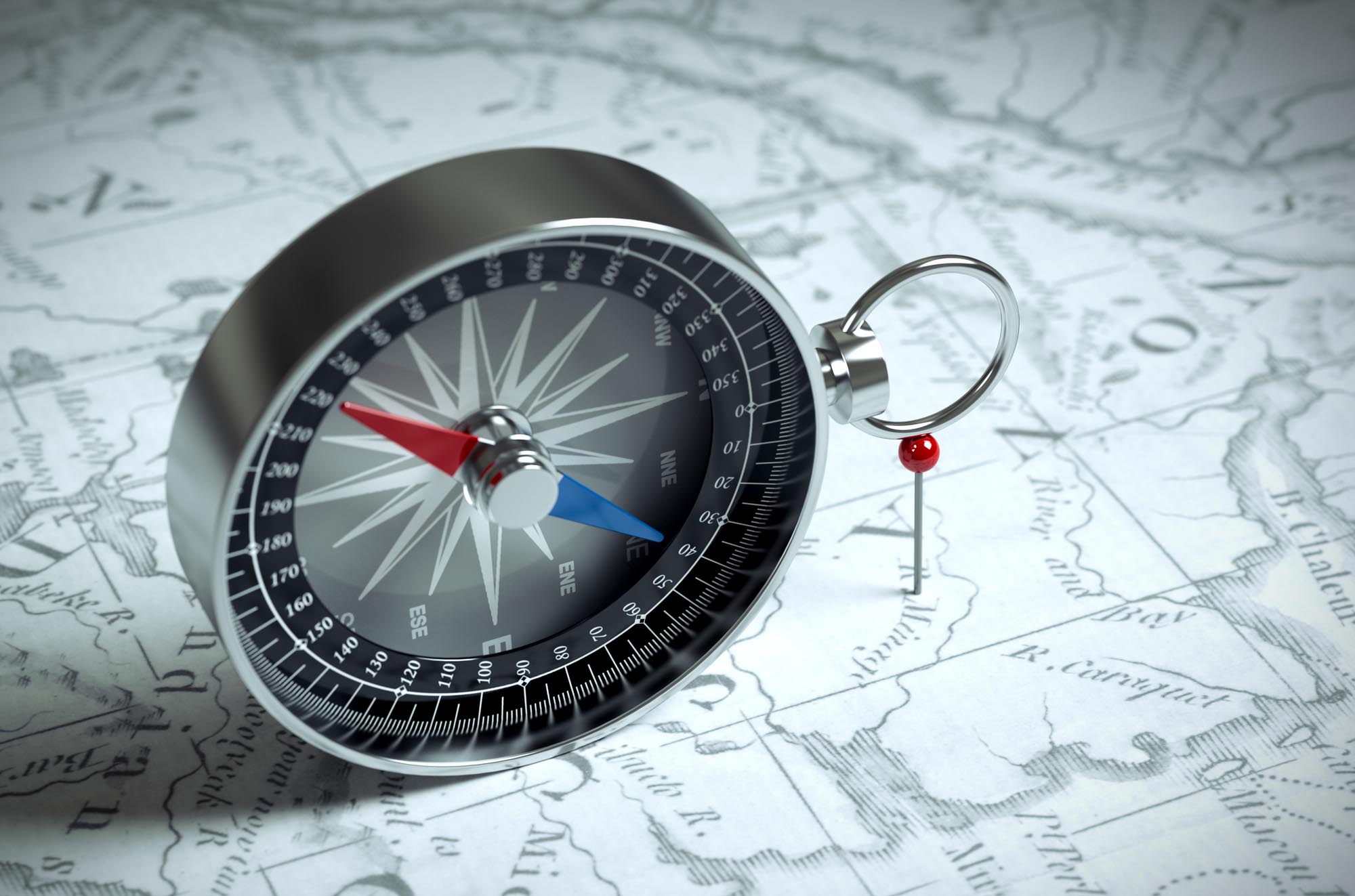
1. Plan carefully your route in advance as there are different possibilities to experience the Trans-Siberian Railway. We would recommend you to make a couple of stops on the route at most interesting cities such as Kazan, Yekaterinburg, Novosibirsk, Krasnoyarsk, Irkutsk, Ulan-Ude, Ulaanbaatar, Khabarovsk.
2. Please arrive to platform beforehand. Russian trains depart mostly on time indicated in your ticket, not later.
3. When boarding have your train ticket, passport and immigration card ready. The documents are checked by carriage attendant when boarding.
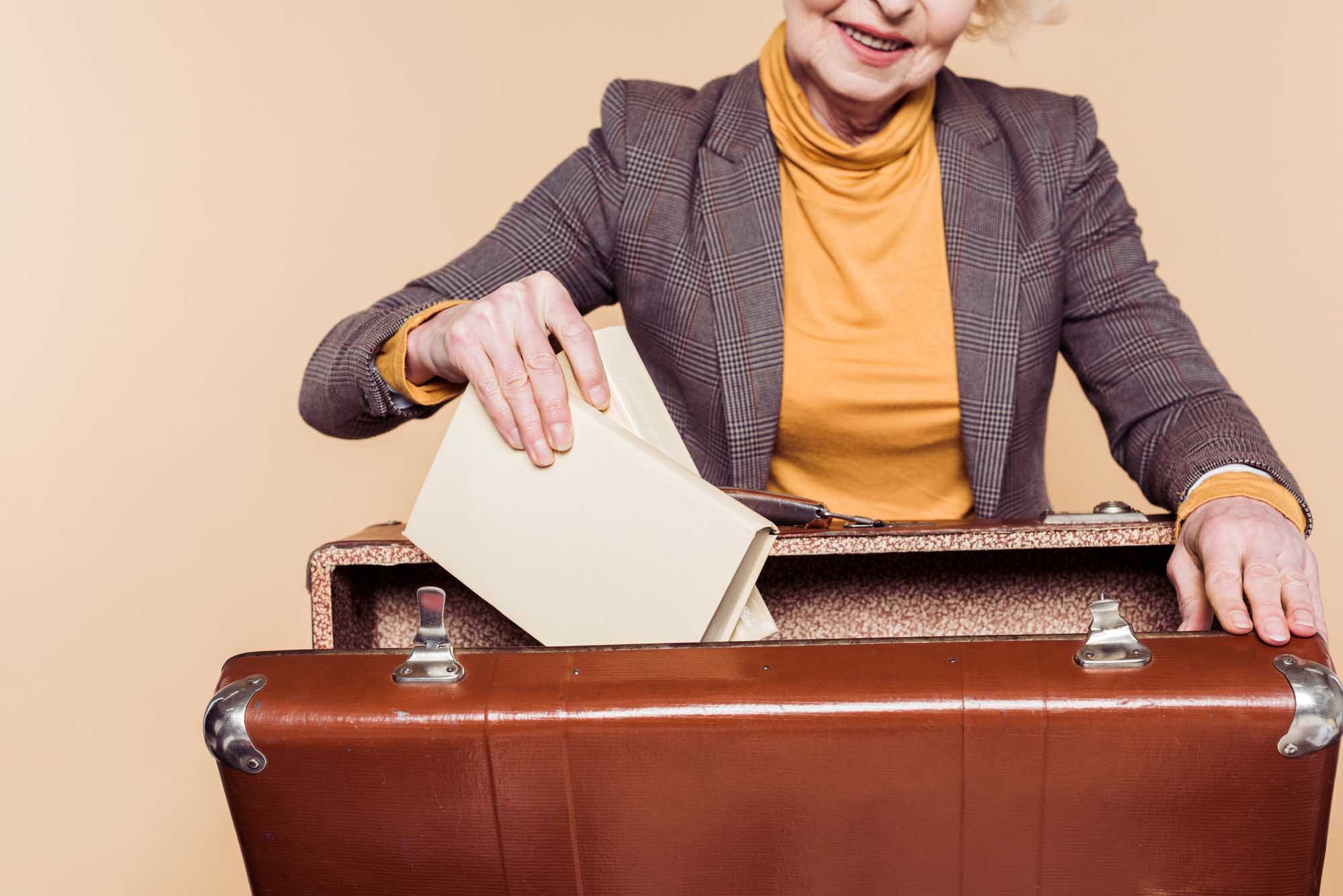
4. Don’t take with you on board large suitcases as the compartments are not big and do not have much space for big luggage. Pack your suitcase with the things you really need.
5. Wear on train comfortable clothes. For winter will be good a pair of loose cotton trousers, a t-shirt, light sweater, socks and slippers. In summer, a t-shirt and shorts and slippers will be good.
6. Prepare entertainment for you during a long Trans-Siberian journey. Bring a book, load up your smartphone with your favorite playlists, podcasts, games, TV series. If you are travelling with a friend cards and table-top games can be a good idea.
7. Bring a medical kit with the medicine you may need and your personal hygienic kit including tooth brush and paste, wet wipes, sanitizer, toilet paper.

8. Bring lots of snacks with you. A restaurant carriage is not on all trains and besides if you are on budget visiting the restaurant carriage will be expensive for you. You can buy snacks from food kiosks at the stations where train will stop for a longer time. Some snacks and drinks you can buy from the carriage attendant, but they are usually overpriced. In some new carriages there are vending machines as well.
9. Bring a cup with a lid or thermos along with tea bags, instant coffee, noodles or cup-a-soup with you. At the beginning of the carriage there is a pot with hot water which you can get for free if you have your own cup. Some tableware (such as teaspoon, fork, knife and plastic food container) can be also useful for you if you plan self-catering. Remember to keep your drinks in cups with a lid when the train is moving.
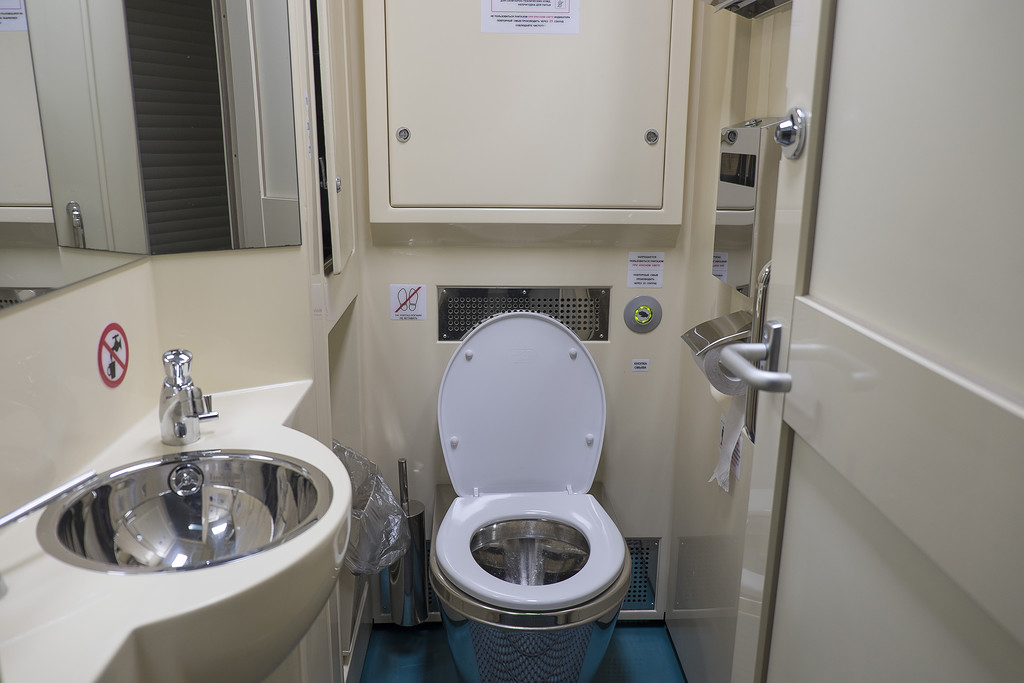
10. In each carriage there are two toilets on each end. New carriages normally have bio toilets which you can use anytime. Toilets in old carriages are locked shortly before, during, and shortly after most station stops. There is usually a schedule showing these closures at toilet doors.
11. Mostly Russian long distance trains don’t have shower in the carriage. Only new carriages have a combined toilet and shower cabin, but such carriages are rare. Though on some trains there is a shower cabin for the staff, and you can use it against a fee. You should ask your carriage attendant. Sometimes there are showers at big train stations which you can visit against a fee if stopping time allows.
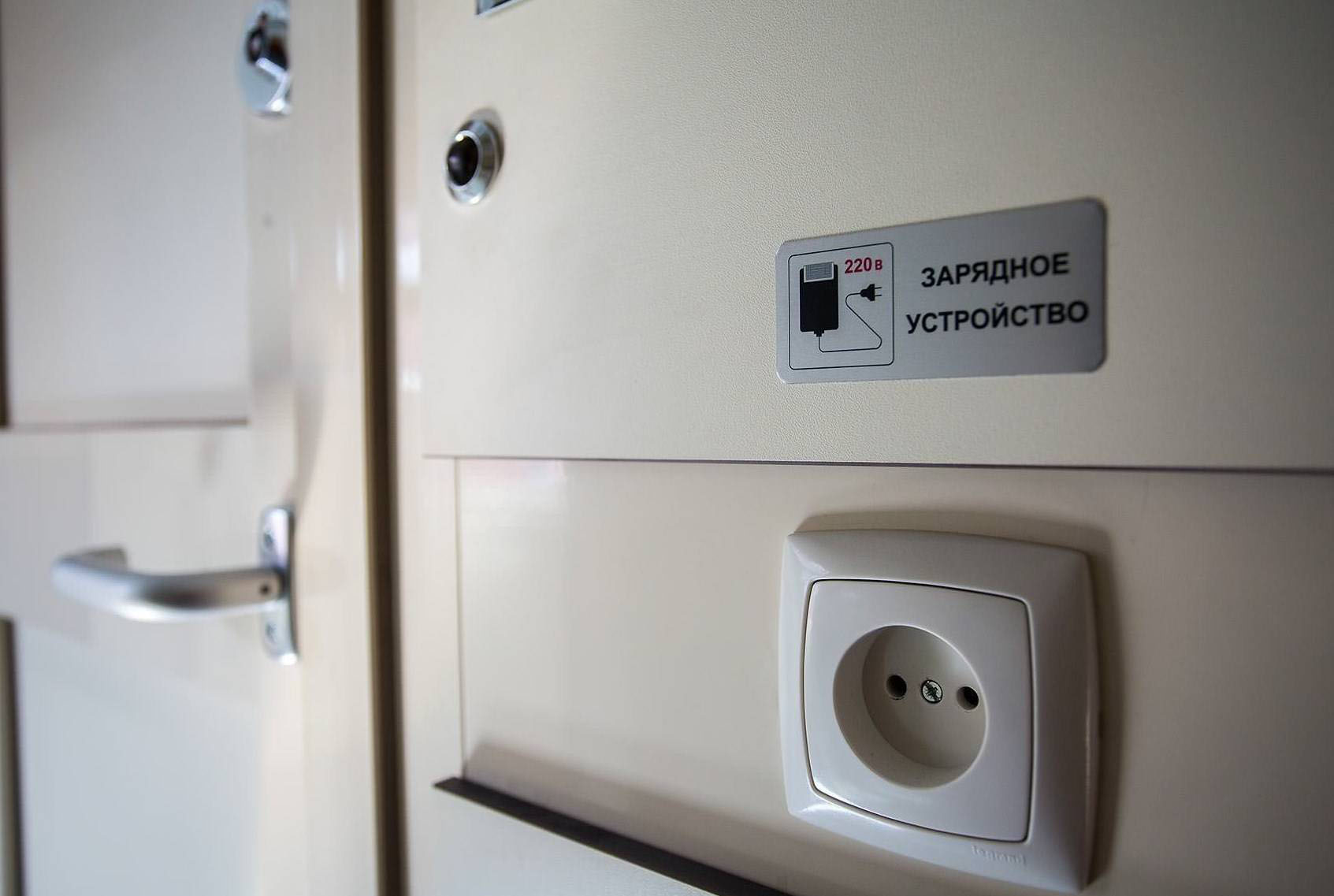
12. In each carriage there are outlets for charging your gadgets. New carriages normally have sockets or USB ports for each place (sometimes even in 3d class) or at least one socket per a compartment. Old carriages usually have sockets only in the hallways outside of compartments. Unfortunately you will not know which carriage you’ll get until you have boarded the train.
13. Learn basic Russian phrases and get to know Cyrillic alphabet or at least download Russian dictionary or translation apps and add Russian keyboard to your smartphone as well. Most of the signs during your long journey will be in Russian only and the chance your fellow passengers and carriage attendant will speak good English is low.
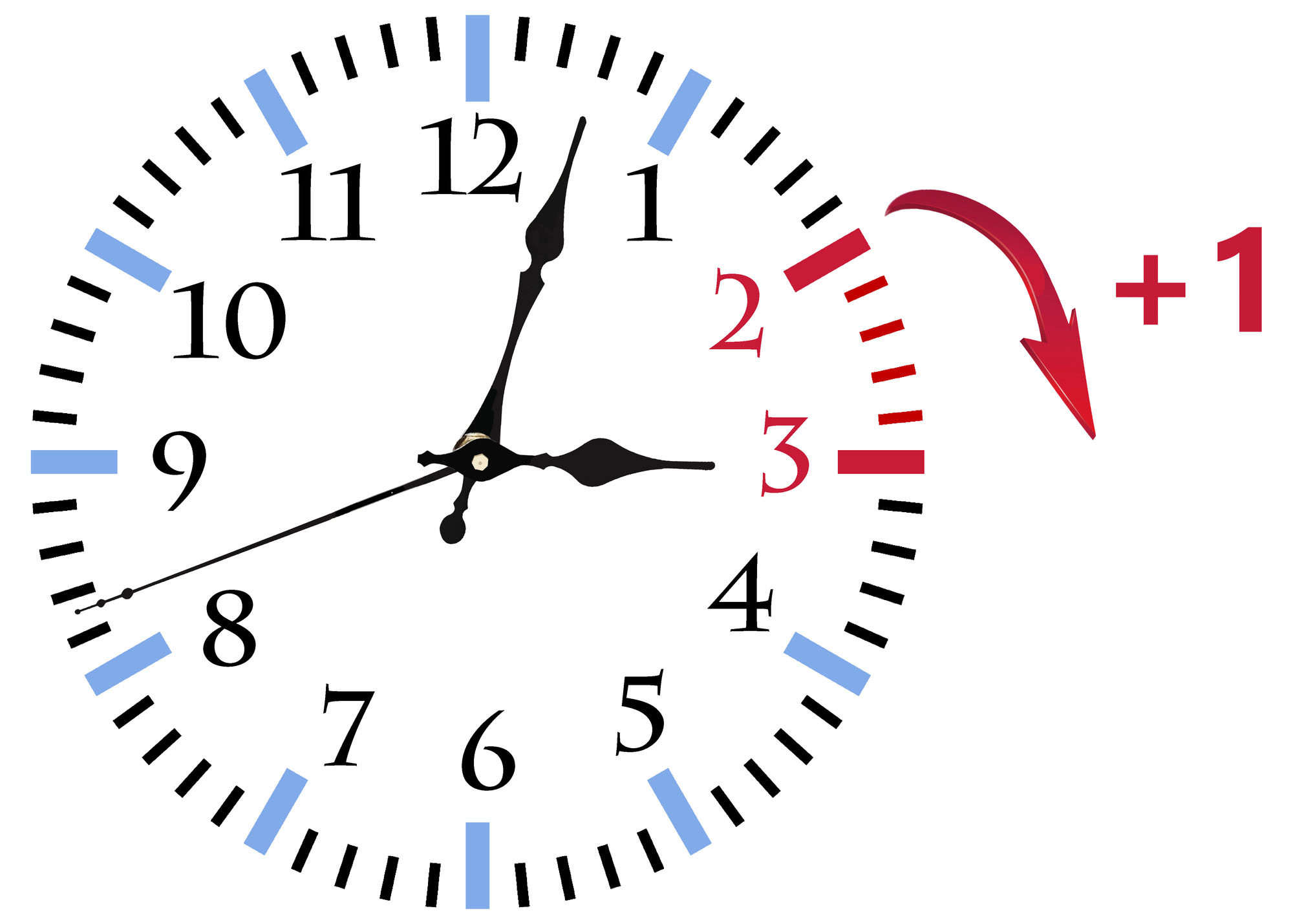
14. Be aware of the time differences. There are eleven time zones in Russia. The Trans-Siberian Railway will take you through eight time zones. To know local time is important especially if you break your journey and then have to take trains in other cities.
15. Don’t leave your valuable things unattended on train. In case you need to charge your gadget in the hallway keep an eye on your gadget while charging.
16. Respect your fellow passengers. Try not to be too loud. Use your headphones. Take your rubbish to the trash. Keep your space tidy. If you are on the bottom bunk, make your bed each morning and invite the passenger from the upper berth to sit there if they wish.
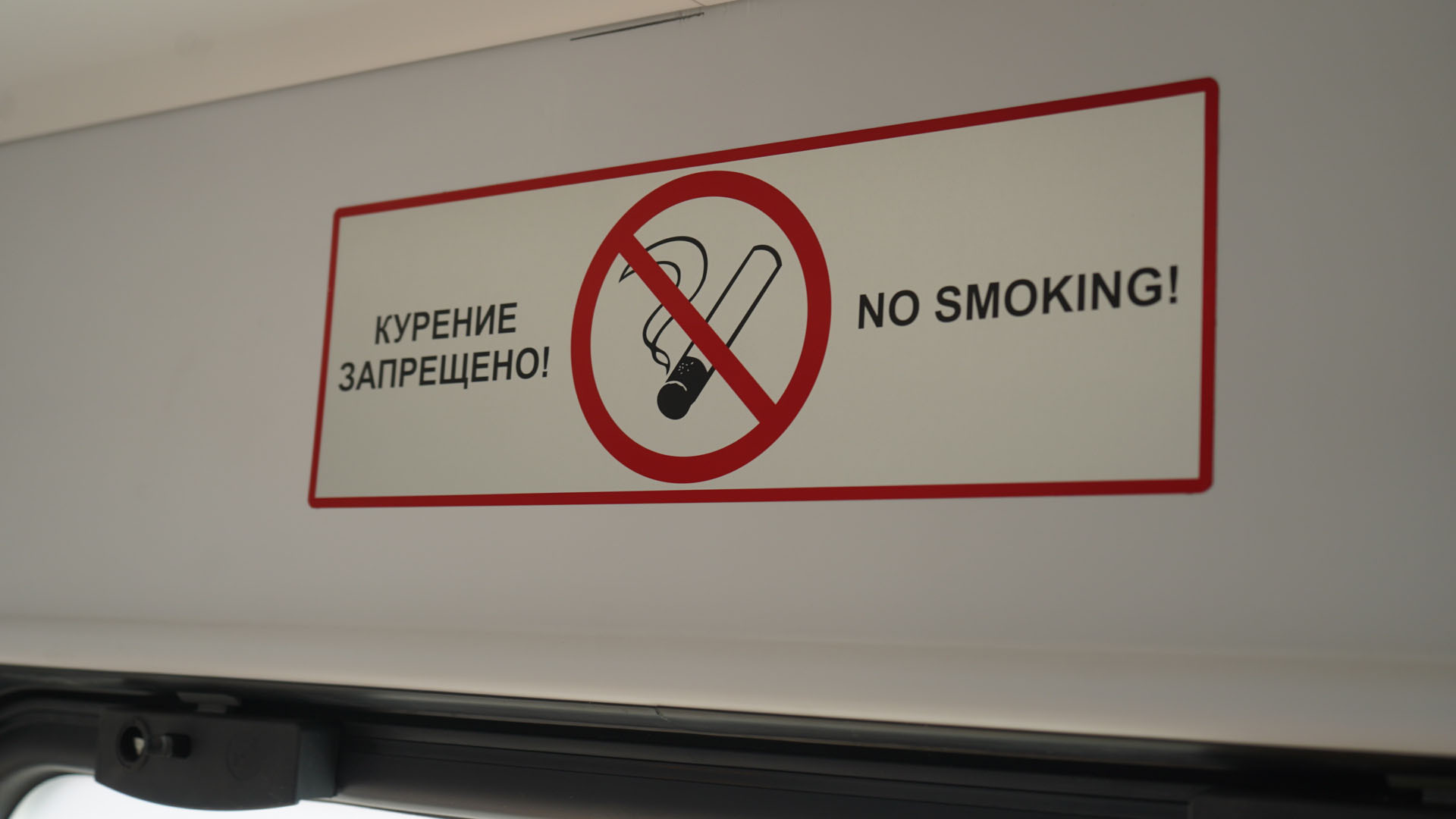
17. Don’t drink alcohol on train, especially with strange people. First of all it’s prohibited to consume alcohol on train. The only place on train where you can do it legally is dining car. Second it can be not safe and you can be an easy catch for swindlers. Though despite of existing prejudgments that all the Russians drink vodka when travelling by train usually it is not the case. The beloved drink of your Russian fellow travellers on train will be normally tea.
18. Smoking is prohibited on all the trains. You can smoke outside of the train during the stops. But it’s prohibited to smoke at the train stations and the distance from the train station where you can smoke should be not less than 15 miters.

19. Stick close to the train at station stops. Some of the stops last just a couple of minutes, so in this case you’d better stay on train and leave it only during longer stops. There is not much warning given before the train leaves the station and all announcements are mostly in Russian. The train can easily leave the train station without you. So, be careful.
20. When leaving the train during a stop have all your documents, train ticket, telephone, money, cards and other valuables with you. If it happens, you miss your train, it will be easier for you to undertake the next actions and escape bigger problems.
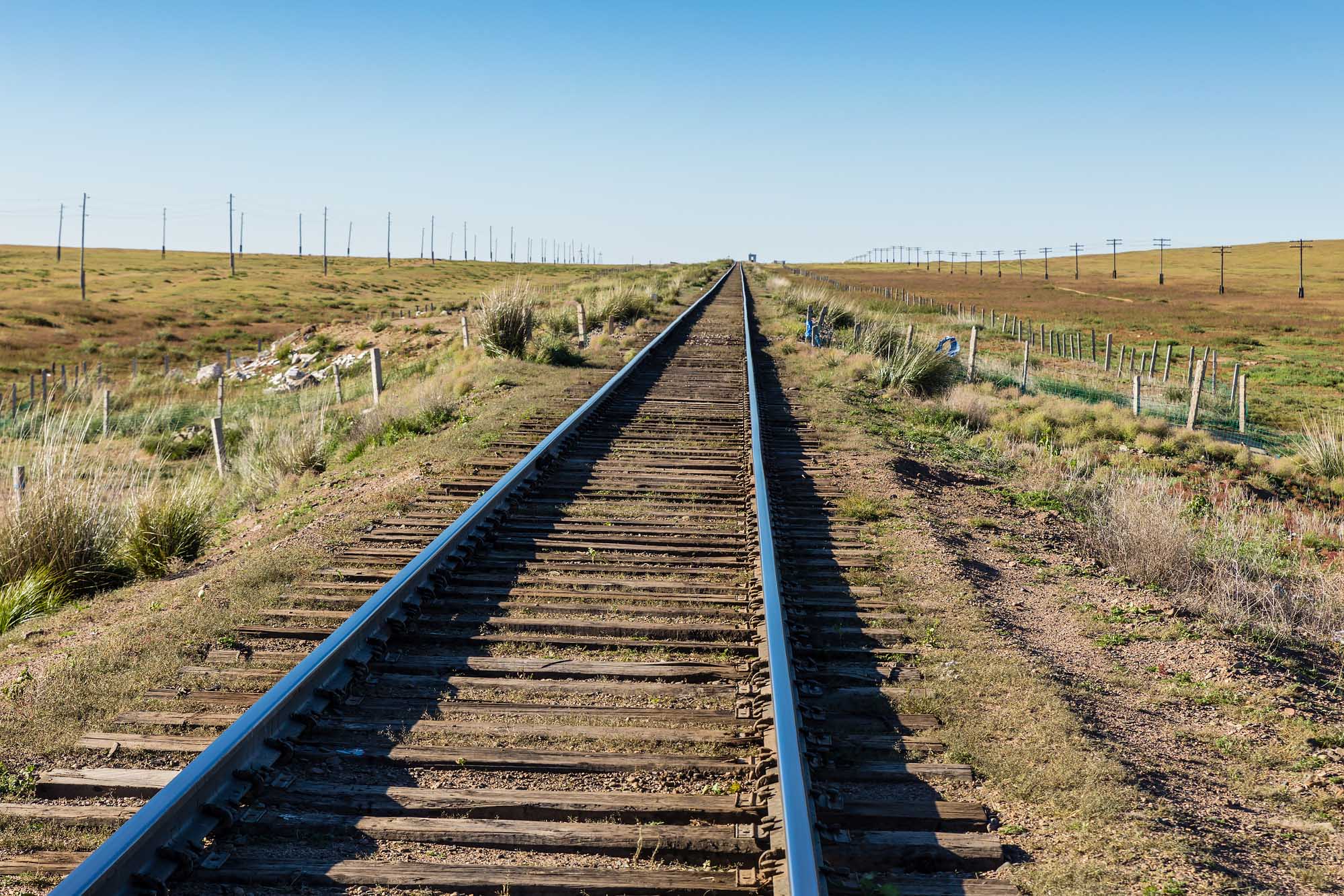
21. In case you are behind your train you have to go to the chief of the station where you stopped. He or she will message the nearest station where your train stops and your baggage will be taken from the train and brought to the Lost and Found of the nearest station. Then you will get a ticket to the next station (usually against reservation fee) where you get your baggage and you can continue your journey.
22. In case you left your things on train we recommend you to apply to the Lost and Found of the terminal station of the train you traveled. All the lost things are kept at the Lost and Found of the train station during 30 days. You have to produce your ticket and passport and to describe in details what you have lost. There is also a possibility to fill in a lost and found e-form on the site of the Russian Railway. The passenger will be informed regarding the search results of the lost items.

23. In case you feel unwell on train and your medical kit doesn’t help firstly inform the carriage attendant. The attendant will message the first-aid post of the nearest station and when the train stops there a doctor or a medical assistant will arrive. You can be offered to leave the train with the doctor. Just remember the budget health system in provincial towns and villages is not too good. You can refuse to leave the train and continue your journey. In this case your health condition should be checked on train by local medical assistants at the next stops.
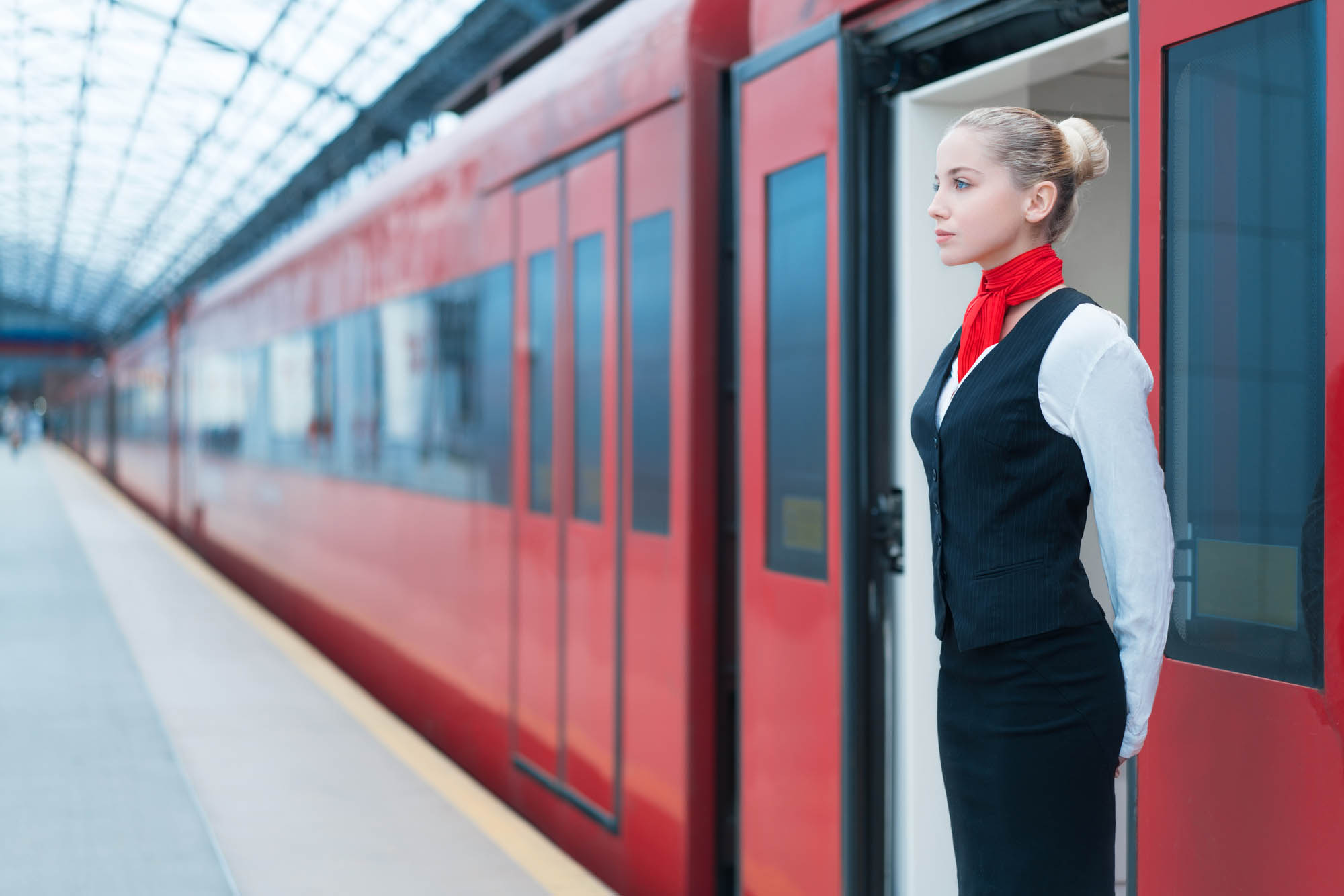
24. In case you notice something from your belongings is stolen, your first step is to address your carriage attendant. The attendant will call police and they will get on train on the next station. You describe what happened and draw up a statement where you indicate what was stolen and its approximate value, where it happened, witnesses (if you have). The police may conduct a search on the train. If your passport was stolen you have to receive from the police a reference statement that you applied to police because of your lost passport. You will apply with this document to the consulate of your country where you receive a certificate allowing you to leave Russia.
25. Your best friend on train should be carriage attendant. If you need any information or have any issue you can address the attendant any time. Mostly carriage attendants are female. Normally attendants speak only Russian.